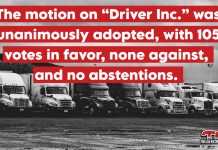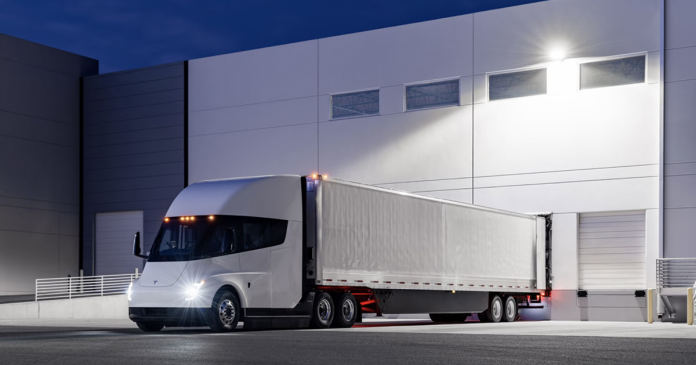In a surprising turn of events, PepsiCo, a major Tesla customer since 2017, has been left with only 36 out of the 100 Tesla Semi trucks they were promised, highlighting a significant shortfall in Tesla’s electric truck deliveries. This development casts a shadow on Tesla’s ambition to be a major player in the truck manufacturing sector, especially as other companies like Sysco and UPS continue to wait for their orders. Amidst this, competitors are not waiting around; companies such as Walmart Canada have started using Daimler Truck’s Freightliner eCascadia, which boasts a considerable operational range and is adding value to their logistics operations.
Tesla’s struggle to meet delivery timelines aligns poorly with the slowdown in its consumer vehicle sector, where it has recently had to reduce prices to maintain sales. The Semi’s inability to reach volume production has been attributed to battery supply issues, a critical component that Elon Musk, Tesla’s CEO, hopes to resolve by 2024. This bottleneck has not only frustrated longstanding customers but has also led to a reevaluation of Tesla’s capability to fulfill its large-scale commitments in the commercial vehicle space.
Meanwhile, PepsiCo has leveraged federal subsidies and grants exceeding $20 million to adopt these electric trucks, aiming to reduce greenhouse emissions significantly. Despite the hurdles, PepsiCo is focused on utilizing the 36 Semis effectively, hoping that improved infrastructure and technological advancements will eventually support a broader rollout of their electric fleet. This scenario underscores the challenges in transitioning to electric heavy-duty vehicles, where infrastructure and vehicle availability are critical barriers.
As Tesla scrambles to ramp up production and regain the confidence of its commercial clients, competitors are swiftly capitalizing on the growing demand for electric trucks. Companies like Martin Brower and Schneider National are actively integrating other electric models, such as the eCascadia, into their operations, showcasing the increasing options available in the market. This shift indicates a broader industry trend where flexibility and timely delivery of electric trucks are becoming paramount, putting additional pressure on Tesla to meet its promises and maintain its foothold in the evolving electric truck market.
















